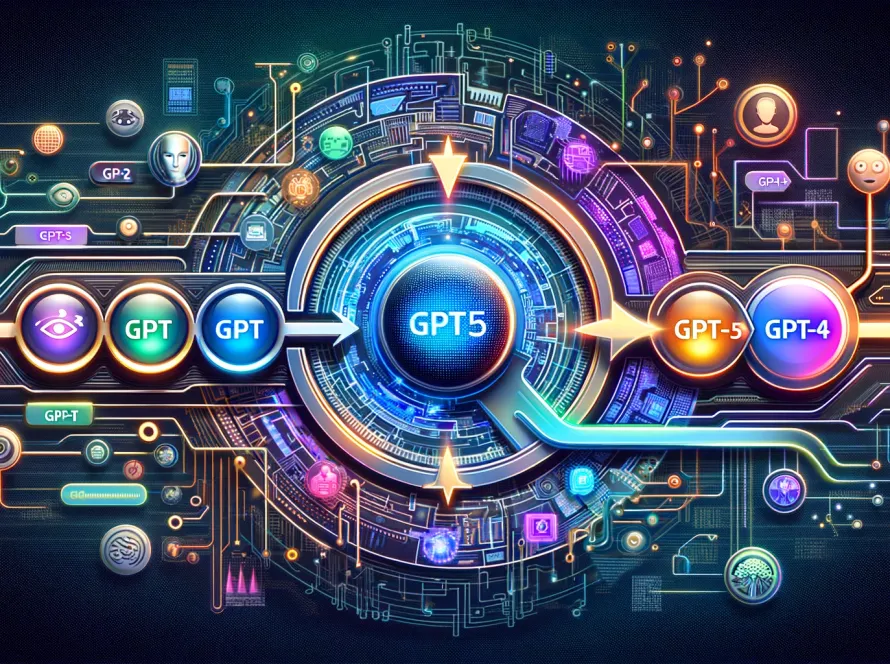Predicting when, or if, a model like ChatGPT will achieve “AGI” (Artificial General Intelligence) is a complex and uncertain task. AGI refers to a type of artificial intelligence capable of understanding, learning, and applying intelligence across a broad spectrum of human tasks and subjects, with the same capability and comprehension as a human being.
Here are some factors to consider when speculating about progress toward AGI:
1. Technological Advances
In recent years, we have witnessed significant advancements in AI research, but numerous technological challenges remain before achieving AGI. These challenges include developing algorithms that can understand and process information at a human level. Current AI models, including ChatGPT, are still far from matching the nuanced understanding, reasoning, and learning capabilities of the human brain.
2. Research Resources
The development of AGI will require extensive research resources and collaboration across various disciplines, including computer science, cognitive science, neuroscience, and other related fields. The multidisciplinary nature of AGI research underscores the complexity and breadth of knowledge needed to create such advanced systems.
3. Ethical and Societal Considerations
Progress toward AGI must proceed with great caution, considering the potential ethical and societal impacts of creating machines with human-like intelligence. Issues such as bias, privacy, and the consequences of autonomous decision-making must be addressed. These considerations may potentially slow the development of AGI to ensure it is achieved in a safe and responsible manner.
4. Current Trends
Based on current advancements and trends in AI research, it is reasonable to expect continued improvements in AI models in terms of capacity and capability. However, transitioning from current AI technologies to AGI represents a significant leap, and accurately predicting when this could happen is challenging. The rapid pace of innovation suggests that substantial progress is likely, but the exact timeline remains uncertain.
Summary
While contemplating the possibilities of AGI is exciting, it is essential to recognize that we may still be quite far from achieving this goal. It could be a matter of decades, if not longer, before we see the development of true AGI. Some experts predict that AGI might emerge between 2030 and 2050, or even later, while others are more skeptical about the feasibility of achieving AGI at all. The debate within the AI community is ongoing and lively.
The Road Ahead
As we look to the future, several key areas of focus will be crucial for advancing toward AGI:
- Algorithmic Innovation: Developing new algorithms that can mimic human learning and reasoning processes.
- Interdisciplinary Collaboration: Harnessing insights from various scientific disciplines to inform AI research.
- Ethical Frameworks: Establishing robust ethical guidelines and regulatory frameworks to manage the development and deployment of AGI.
- Public Engagement: Ensuring transparent communication and public engagement to build trust and understanding of AGI technologies.
The journey toward AGI is a fascinating and challenging frontier of AI research. While the path is fraught with uncertainties, the potential benefits of AGI—ranging from solving complex global problems to advancing human knowledge—make it a pursuit worthy of our best efforts and careful consideration.


